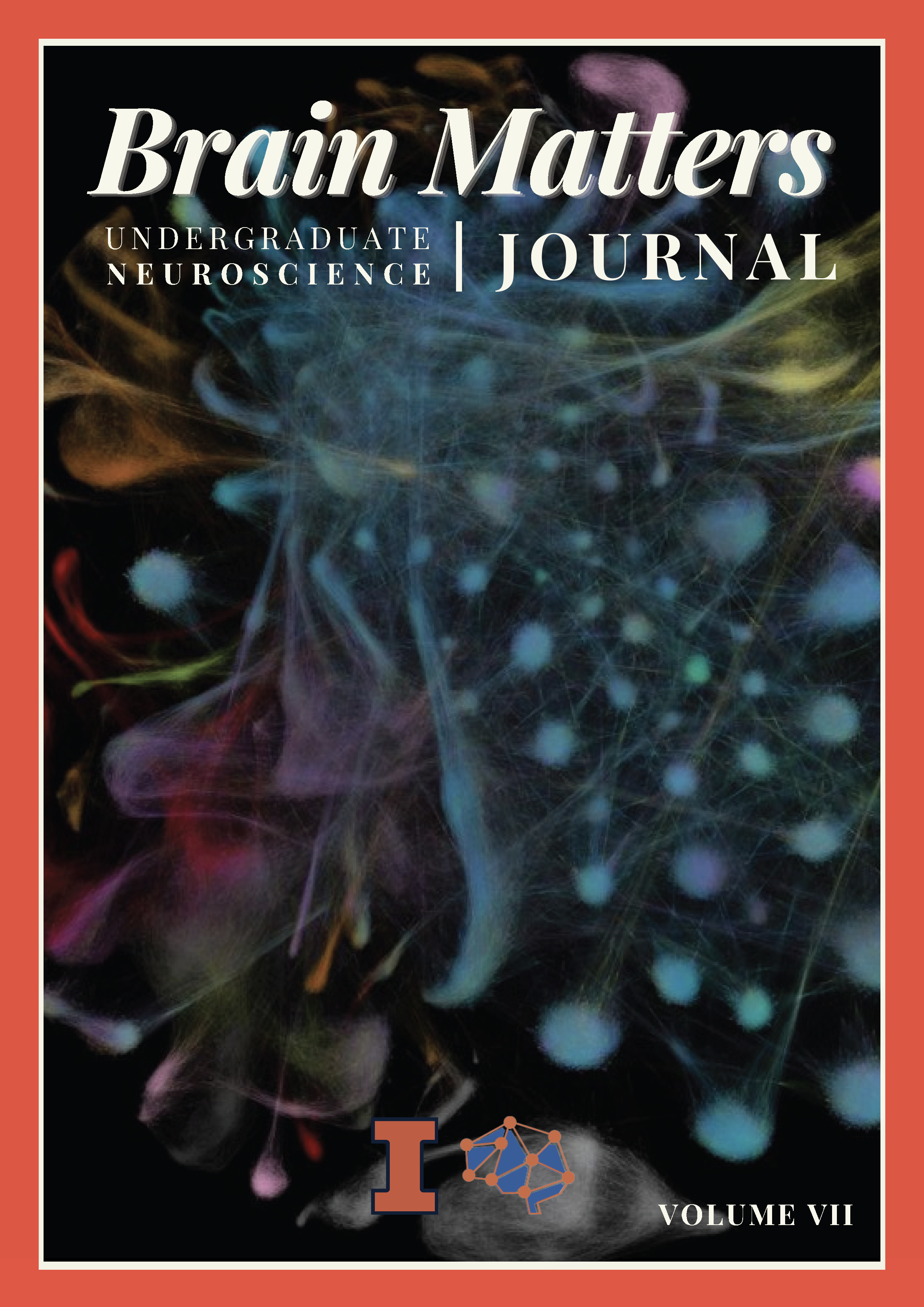Fine tuning Alzheimer’s Disease (AD) treatment with Music-Based Interventions (MBI) An anatomical overview
Main Article Content
Abstract
Music is as universal as language itself across human culture. Music processing in the human brain is a dynamic and complex interplay of sensory, cognitive, and emotional functions that promotes healthy amounts of brain activity. The use of music as a nonpharmacological treatment is actively being researched for its potential in treating and managing symptoms associated with neurological disorders Parkinson’s disease (PD), Alzheimer’s disease (AD), and Alzheimer’s disease-related dementias (ADRD), or sudden brain injury such as a stroke. This paper will discuss the anatomical hallmarks of music processing, which sets the foundation for discussing the dynamic activation of other brain regions notably affected by Alzheimer’s disease. We will discuss the imaging studies that engaged multiple brain regions that allowed researchers to conclude how Music-Based Interventions (MBIs) potentially contribute to the enhancement of networks and pathways involved in sensory and motor processes and AD patient psychopathological outcomes.
Article Details

This work is licensed under a Creative Commons Attribution-NonCommercial-ShareAlike 4.0 International License.

